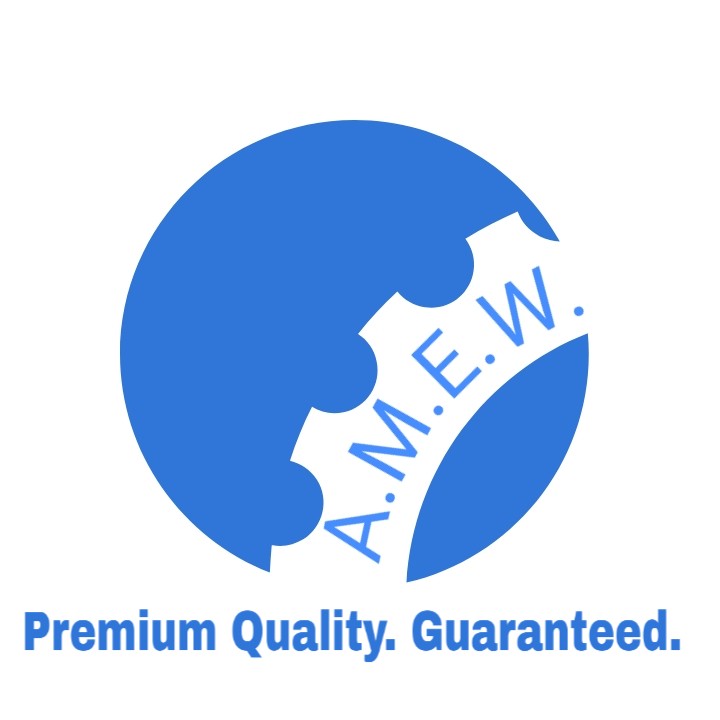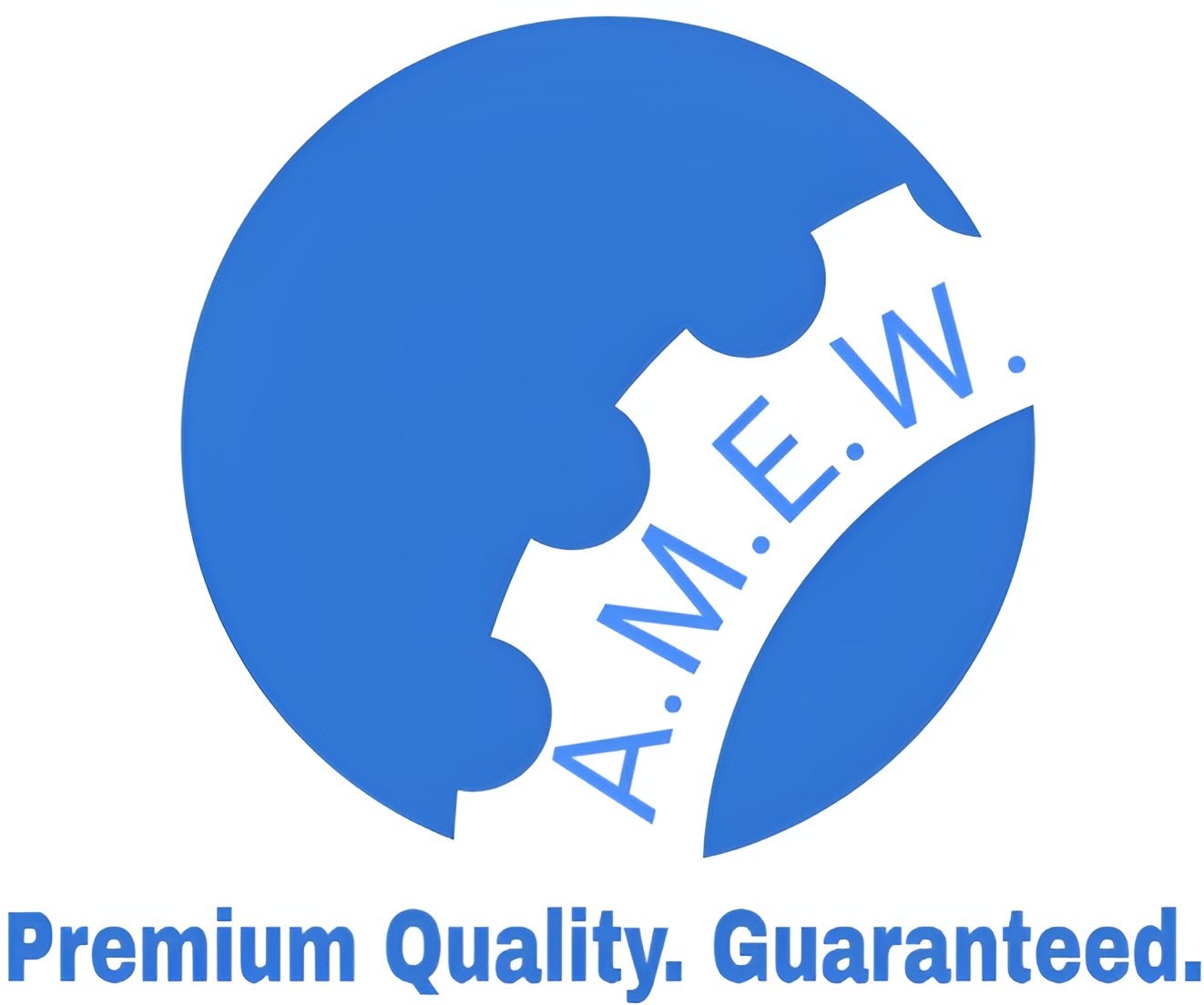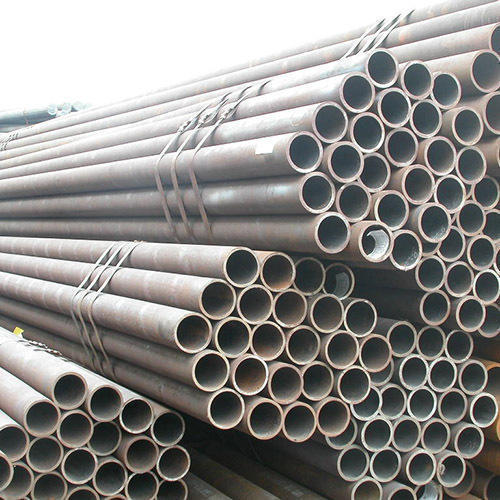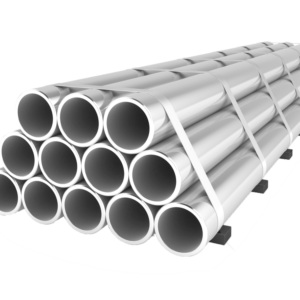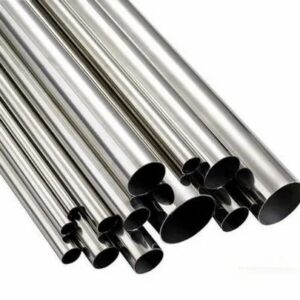Description
Chrome Moly pipe is a low-alloy steel pipe that offers high strength and superior durability compared to mild carbon steel. The name is derived from its two primary alloying elements—Chromium and Molybdenum.
- Chromium: Enhances hardness, toughness, and corrosion resistance.
- Molybdenum: Improves strength, toughness, and resistance to high temperatures and stress.
This combination makes Chrome Moly pipe highly reliable for applications requiring enhanced strength and temperature resistance.
Chrome-Moly Pipe Applications
Due to its exceptional strength-to-weight ratio and tensile strength, Chrome Moly pipe is widely used in high-performance applications, including:
- Aircraft fuselages: Lightweight, durable material allows for reduced weight without compromising strength.
- Racing car chassis: Enhances vehicle performance by providing superior strength and reducing weight.
- Bicycle frames: Offers high tensile strength with lightweight construction, ideal for high-performance bicycles.
In addition to high-performance uses, Chrome Moly is commonly found in Oil & Gas, Construction, and Power Generation sectors due to its resilience in extreme environments.
Characteristics of Chrome Moly Steel ERW Pipe
- Hardenability: Chrome Moly pipes can be easily hardened through heat treatment or work hardening, improving wear resistance and extending lifespan. The process of carburization is often used to harden the surface, increasing the toughness of the material.
- Heat Resistance: These pipes are highly resistant to temperature fluctuations, making them ideal for environments that require high-temperature strength, such as pressure vessels, boilers, and heat exchangers.
- Durability: With its robust mechanical properties, Chrome Moly has excellent durability, making it suitable for high-stress applications such as automotive parts like pistons and crankshafts.
Welding of Chrome Moly Pipe
When welding Chrome Moly pipes, it’s important to follow a few specific practices:
- Welding Techniques: MIG and TIG welding techniques are compatible with Chrome Moly. However, TIG welding is often considered cleaner and faster.
- Preheating: Although not necessary for thinner sheets (less than 3mm), preheating is recommended for thicker materials to prevent cracking.
- Slow Welding: It’s advised to weld slowly to control the cooling rate, which helps prevent weld brittleness.
Overall, Chrome Moly has good machinability and weldability, making it easier to fabricate.
Corrosion Resistance of Chrome Moly Pipes
While Chrome Moly contains chromium to improve its resistance to corrosion, it doesn’t have the same level of corrosion resistance as stainless steel. For harsher environments, higher corrosion-resistant materials may be necessary.
Value of Chrome Moly Pipe
Despite being more expensive than mild steel, Chrome Moly pipes provide excellent value for money. Their combination of strength, durability, and heat resistance justifies the higher cost, particularly in applications that require long-lasting materials. In comparison to materials like carbon fiber or titanium, Chrome Moly offers a more cost-effective solution while still delivering superior mechanical properties.
